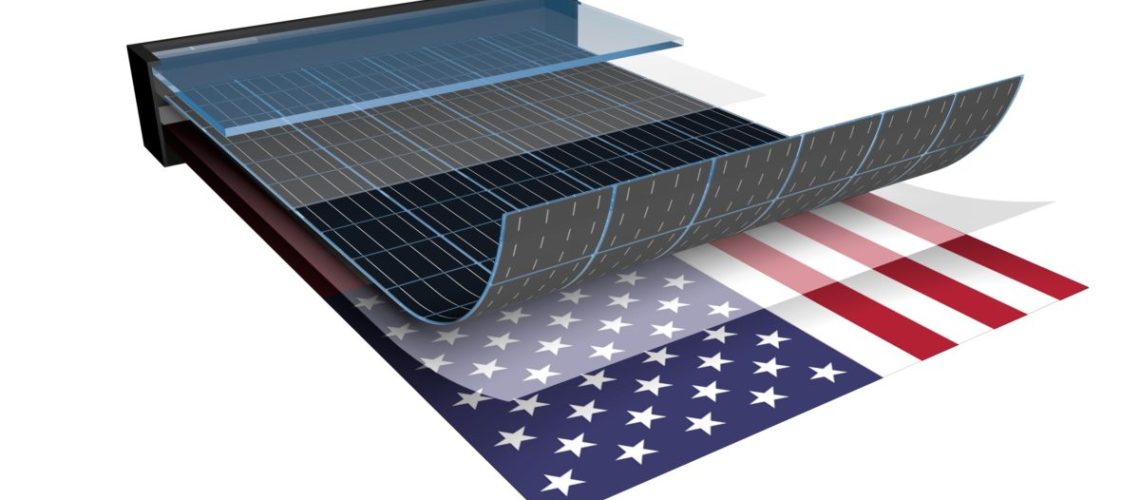The U.S. Department of the Treasury and the Internal Revenue Service (IRS) issued six notices requesting public input on key climate and clean energy tax incentives in the recently passed Inflation Reduction Act. The notices are a first step in the formal process of implementing the landmark legislation, which $370 billion for support of a renewable energy buildout and climate resilience. The spending will be supported by closing tax loopholes on ultra-wealthy Americans and corporations, and it is intended to put the U.S. within reach of President Biden’s climate goals.
Nearly three-quarters of the Inflation Reduction Act’s climate change investment – $270 billion – is delivered through tax incentives, putting Treasury at the forefront of this critical legislation.
“The Inflation Reduction Act tackles the climate crisis head on and strengthens President Biden’s historic effort to incentivize the energy sector to drive investment and dynamic economic growth while lowering costs for American families,” said Janet L. Yellen, secretary of the Treasury. “The Treasury Department stands ready to meet the responsibility that comes with implementing this legislation and looks forward to engaging with stakeholders and the public who will benefit from the law’s provisions.”
The public will have further opportunities to provide input as the implementation process unfolds, but the notices provide an early way for stakeholders to submit information that can help inform Treasury and the IRS’s work. Soliciting extra input at this early stage will help accelerate the process of providing clarity and certainty to taxpayers. In implementing the historic climate and clean energy provisions of the Inflation Reduction Act, Treasury will be guided by three core principles:
- Robust Public Engagement: Treasury will engage a broad spectrum of taxpayers and stakeholders to inform guidance and rulemaking. With the release of the notices, Treasury has begun the process of soliciting comments from the public on key provisions. Over the coming weeks, Treasury will be convening several initial stakeholder roundtables to hear directly from a wide range of voices.
- Clarity and Certainty: Treasury will work expeditiously to provide clarity and certainty to taxpayers, so the climate and economic benefits of this historic legislation can be felt as quickly as possible. For example, in August, Treasury and the IRS immediately issued initial guidance on the electric vehicle tax credit and worked closely with the Department of Transportation and Department of Energy so taxpayers could easily find a list of eligible vehicles online.
- Sound Stewardship: Treasury will work closely with the IRS to put in place effective guardrails and reporting to ensure the benefits are delivered as Congress intended. Treasury is committed to ensuring that as many eligible taxpayers as possible benefit from the incentives provided by law while protecting against fraud and abuse.
Treasury has released a fact sheet that includes additional information about the Notices and Treasury and the IRS’s implementation process. Those interested in commenting should reply as soon as possible, ideally by November 4, 2022.
The six Notices are as follows:
The Notices can also be accessed here.



